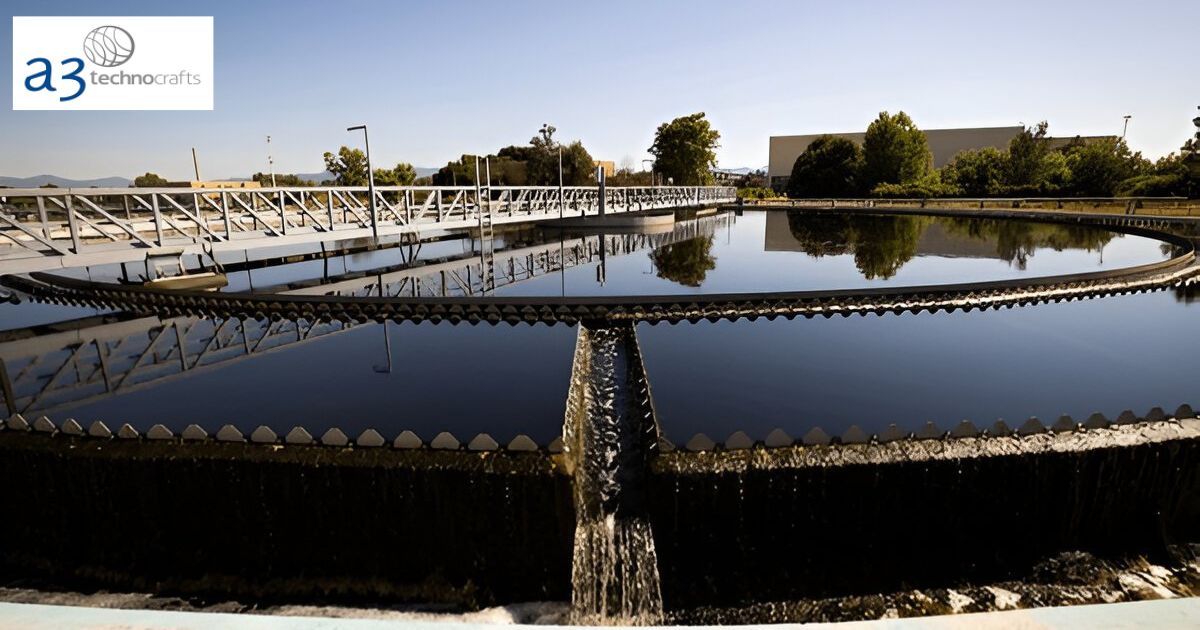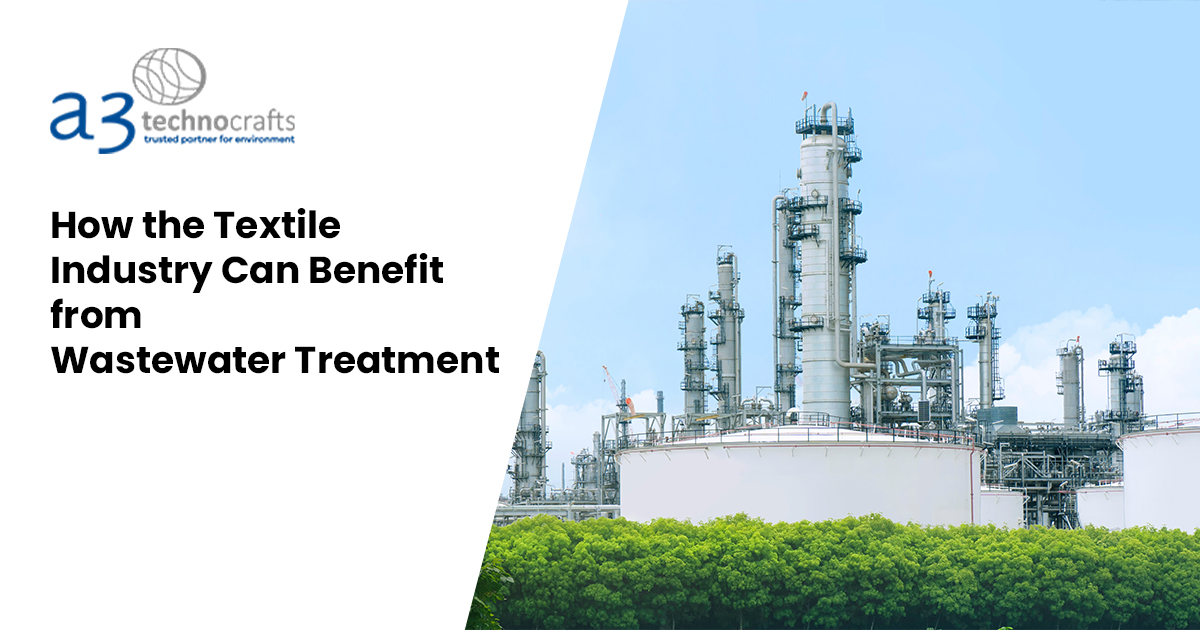Choosing the right Industrial Wastewater Treatment (WWT) system for your plant is a critical task, as it directly impacts operational efficiency, regulatory compliance, and environmental sustainability. With increasing industrial activities generating large amounts of wastewater, selecting a proper treatment solution is essential. The ideal system ensures that effluent meets discharge standards, reduces operational costs, and helps conserve water. When searching for solutions, it’s important to partner with wastewater treatment plant companies that offer tailored solutions based on your specific needs.
Key Factors to Consider When Selecting an Industrial Wastewater Treatment System
1. Understand Your Wastewater Characteristics
The first step in selecting a wastewater treatment system is understanding the characteristics of your wastewater. Every industry produces wastewater with unique contaminants, such as suspended solids, oils, heavy metals, and chemicals. A comprehensive analysis of the chemical composition of your wastewater is crucial to determine the most effective treatment technologies.
Key wastewater characteristics to evaluate:
Suspended solids
Organic content (BOD, COD)
Oils and grease
Toxic chemicals
Heavy metals
By working with experienced wastewater treatment plant companies, you can receive customized recommendations based on the pollutants in your wastewater.
2. Regulatory Compliance
All industrial plants must comply with local environmental regulations for wastewater discharge. These regulations set the permissible limits for contaminants in the effluent released into the environment. Before selecting a treatment system, ensure that it is designed to meet or exceed these regulatory standards. Some wastewater treatment plant companies can also help you stay ahead of future regulatory changes by providing scalable systems that can adapt as discharge requirements evolve.
By investing in a system that ensures compliance, you can avoid hefty fines, reduce legal risks, and improve your company’s reputation for environmental responsibility.
3. Treatment Technologies and Their Suitability
Industrial wastewater treatment requires a variety of treatment methods, depending on the type of wastewater and contaminants involved. Common technologies include:
Physical treatment: Filtration and sedimentation to remove suspended solids.
Chemical treatment: Uses chemicals to neutralize pollutants like heavy metals or pH control.
Biological treatment: Uses microorganisms to break down organic contaminants.
Membrane filtration: Effective for removing fine particles and dissolved solids.
Zero Liquid Discharge (ZLD): Aims for complete elimination of liquid waste by recycling and reusing water. Zero Liquid Discharge (ZLD) systems help industries minimize water wastage and meet strict environmental regulations.
Wastewater Recovery Plant: Helps recover and reuse treated wastewater, reducing water wastage and operational costs. Wastewater Recovery Plant solutions are essential for industries aiming to enhance water conservation and sustainability.
Each treatment method has its advantages and is best suited for specific types of contaminants. By consulting with wastewater treatment plant companies, you can select a system that integrates multiple treatment methods or focuses on a single, highly effective technique based on the characteristics of your wastewater.
4. Cost and Operational Efficiency
Cost is always a critical factor when selecting a wastewater treatment system. The initial capital investment and ongoing operational costs, including energy consumption, maintenance, and chemicals, should be carefully evaluated. A well-designed system should minimize both initial and recurring costs by offering efficient water usage and low maintenance. Some wastewater treatment plant companies can also provide insights on potential cost savings through water reuse, energy recovery, and optimizing system design for your specific needs. Investing in a Zero Liquid Discharge (ZLD) system or a Wastewater Recovery Plant can lead to significant long-term savings by reducing reliance on freshwater sources and minimizing wastewater disposal costs.
5. Scalability and Future Needs
As your business grows, so will your wastewater treatment requirements. It is essential to choose a system that can scale up to accommodate increased wastewater flow without requiring a complete system overhaul. Some treatment plant companies offer modular or flexible systems that can be expanded or upgraded as needed, ensuring that your plant remains compliant and efficient for years to come. Zero Liquid Discharge (ZLD) solutions and Wastewater Recovery Plants are particularly advantageous for businesses that anticipate growth, as these systems can be adapted to handle increasing water treatment demands.
6. Plant Life Expectancy and Durability
The longevity of a wastewater treatment system is another crucial consideration. Durable materials and components reduce the frequency of replacements and lower long-term maintenance costs. High-quality construction materials, such as stainless steel or corrosion-resistant plastics, may come with a higher initial cost but will save you money on repairs and maintenance in the future. Zero Liquid Discharge (ZLD) systems and Wastewater Recovery Plants are designed for durability, ensuring reliable operation for years with minimal maintenance.
Conclusion
Selecting the right industrial wastewater treatment system for your plant is a complex process that requires careful evaluation of your wastewater’s characteristics, regulatory requirements, available treatment technologies, and cost considerations. Partnering with reliable wastewater treatment plant companies like A3 Technocrafts can simplify this process by providing expert guidance and customized solutions that meet your unique needs. A3 Technocrafts offers a range of advanced treatment systems, from Sewage Treatment Plants (STP) to Effluent Treatment Plants (ETP), Zero Liquid Discharge (ZLD), Wastewater Recovery Plants, and Industrial Reverse Osmosis (RO) systems, ensuring that your plant operates efficiently and sustainably.For more information on selecting the perfect wastewater treatment system for your plant, or for inquiries about our products, please contact A3 Technocrafts.

